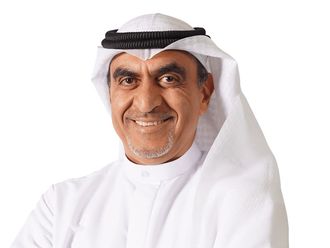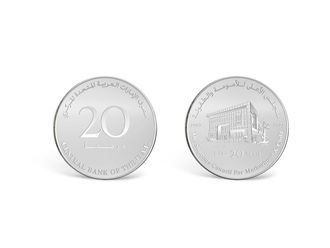Riyadh: Saudi banks raised their investment in securities to support a cash-hungry private sector in April, according to a fresh set of official data that also showed a continued decline in money supply.
M3 growth, one factor that can influence inflation, slowed for a seventh straight month in April to 2.6 per cent the lowest in at least seven years against 4.6 per cent in March as customers cut rewarded deposits faster than in the previous month, central bank data showed yesterday.
Time and savings deposits M3's second biggest component fell by almost 41 billion riyals or an annual 11.7 per cent against a 10 per cent drop in March. Demand deposits — M3's biggest component added 71.5 billion riyals or 18.5 per cent in the 12 months to April.
Claims
Bank claims on the private sector added just 23.2 billion riyals — or 3.2 per cent — in the 12 months to April to a total of 750.6 billion riyals, which is the highest since the 748.8 billion riyals of November, 2009, the previous record.
A breakdown of these claims, however, shows that much of their growth came from investment in private securities which grew 41.4 per cent or by 8.8 billion riyals to a record 29.9 billion riyals in the 12 months to end-April.
The data does not provide a more detailed breakdown on investment in securities Saudi banks make. The local stock market gained less than one per cent in April against a 5.6 per cent rise in March.
John Sfakianakis, chief economist at Banque Saudi Fransi, said private securities investment included Musharakah, an Islamic financing under which a bank provides capital to a joint-venture and gets a share of profit.
Outright bank credit to the private sector meanwhile totalled 720.7 billion riyals — an increase of two per cent in the year to end April and still below the 723.4 billion riyals record of November, 2009.
Bank claims on the private sector which gauges lenders' confidence in private sector growth have been slow since early 2009 due to concerns over global economic conditions and concerns by local banks over the soundness of private local firms.
Flat
Saudi bank credit growth was flat throughout much of 2009 due to the global slump and after defaults by local family firms.
Mohammad Al Jasser of the Saudi Arabian Monetary Agency (SAMA) said banks in the kingdom would return to "normal business" this year and that economic conditions did not yet warrant a change in monetary policy.












